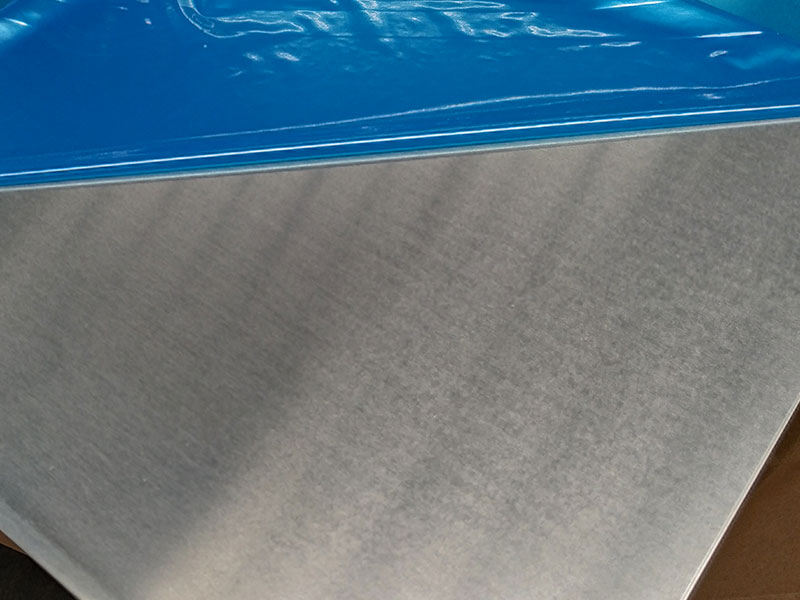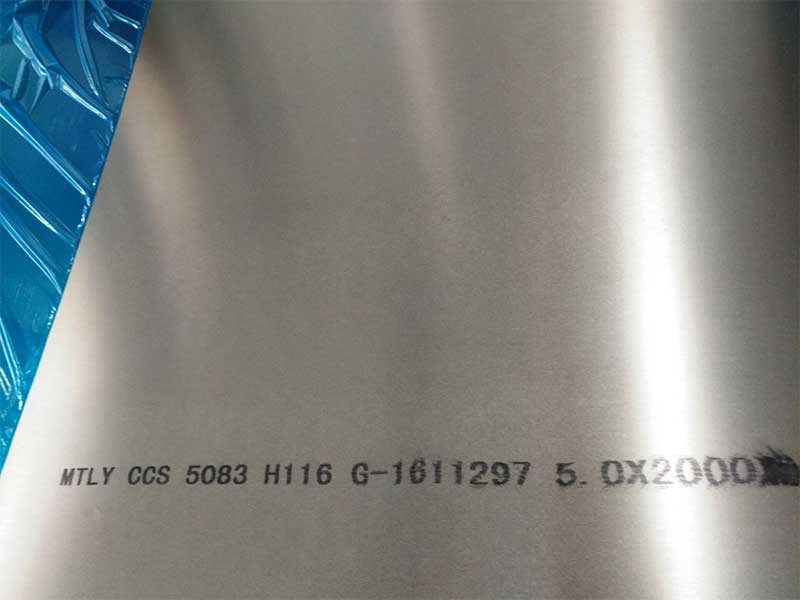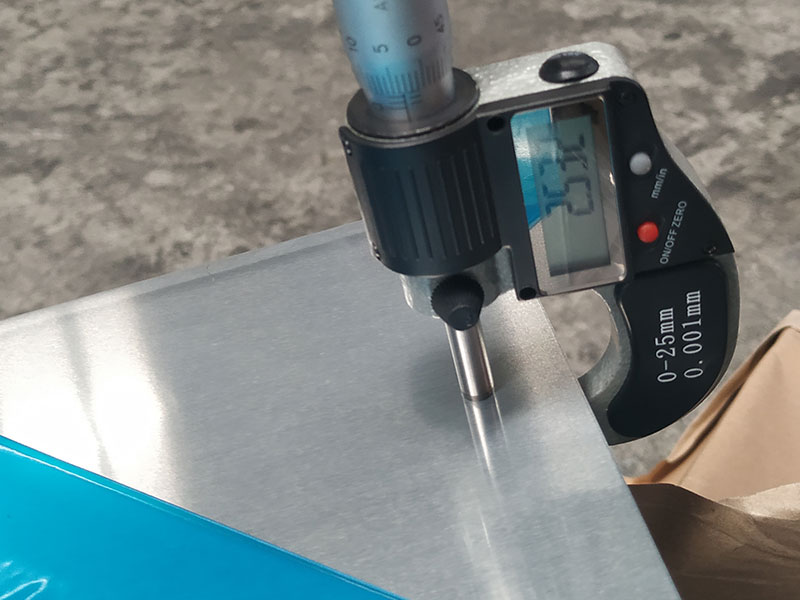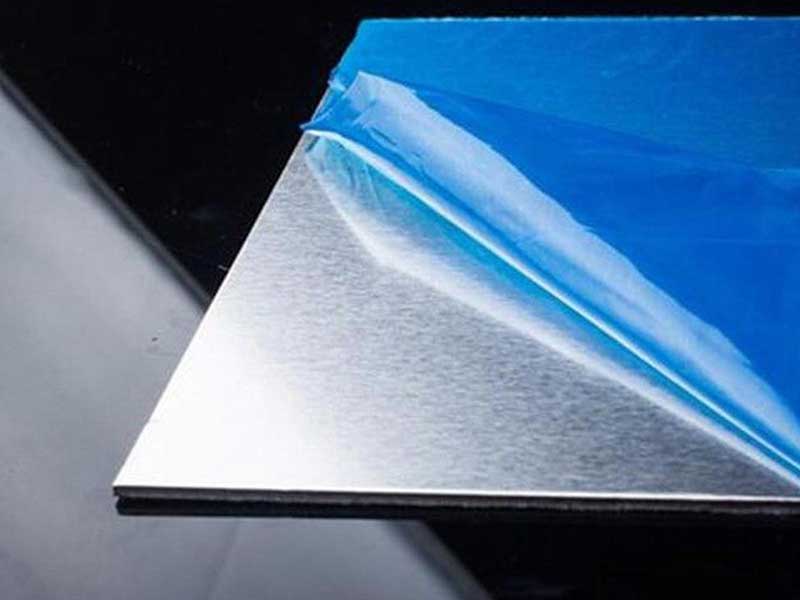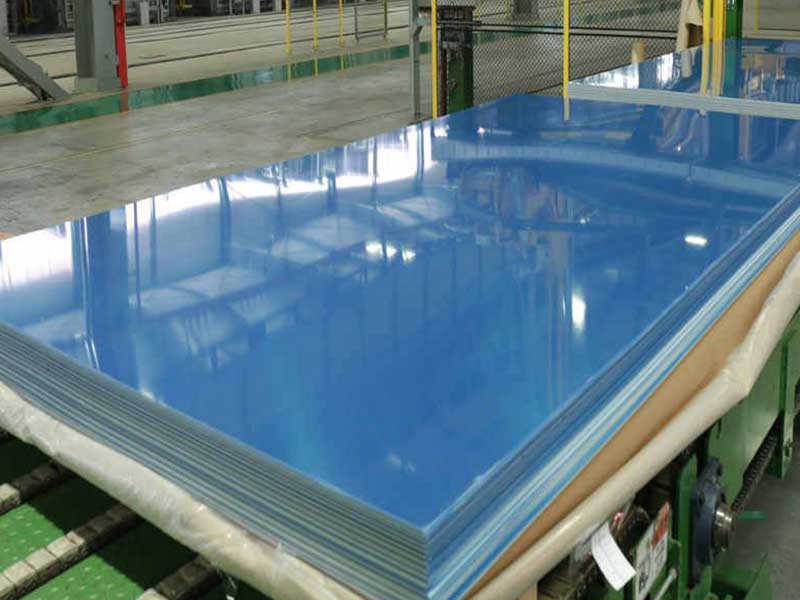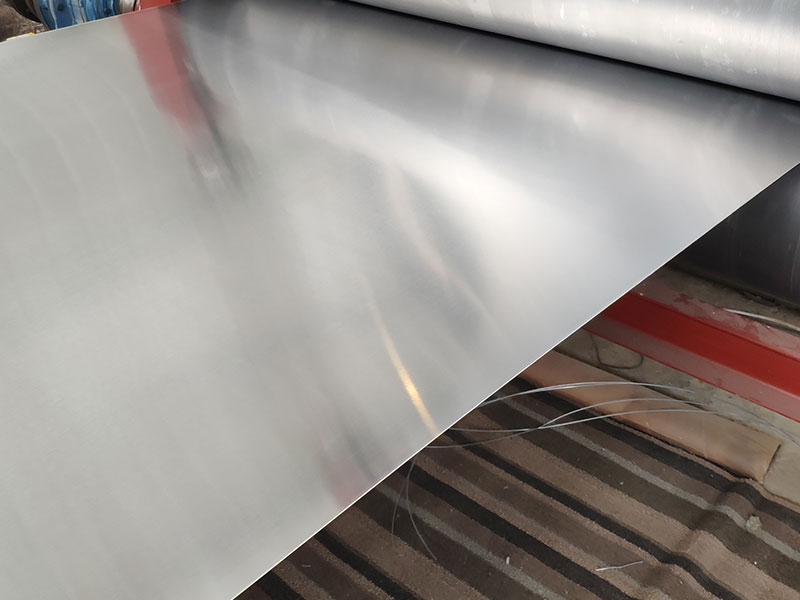Aluminum sheets 1mm
In the world of metal fabrication and construction, aluminum sheets 1mm thick have become an essential material – balancing strength, flexibility, and lightweight properties. Although thin, these sheets exemplify aluminum’s remarkable versatility and high-performance characteristics, making them prime candidates across diverse industrial and commercial applications.
The Unique Role of 1mm Aluminum Sheets
At 1mm thickness, aluminum sheets strike a perfect balance where durability meets ease of handling and fabrication. This specific gauge is prized for:
- Lightweight Structure: With a density of approximately 2.7 g/cm³, 1mm sheets weigh substantially less than steel counterparts, ideal for applications needing strength without excess mass.
- Corrosion Resistance: Naturally forming a protective oxide film, aluminum excels in environments exposed to moisture, chemicals, and outdoor weather.
- Great Formability: The thin gauge allows intricate bending, embossing, and stamping without cracking, expanding its usability in fine detailing.
- Thermal and Electrical Conductivity: Shares superior conductivity traits of aluminum, beneficial in heat exchangers, electronics, and HVAC products.
Technical Specifications & Implementation Standards
When dealing with 1mm aluminum sheets, certain standards govern their manufacture to ensure reliability and interchangeability in different industries:
| Parameter | Typical Value |
|---|---|
| Thickness | 1.0 mm ± 0.05 mm |
| Width | Typically 1000, 1250, or 1500 mm |
| Length | Standard coils or cut sheets per requirements |
| Surface Finish | Mill finish, brushed, anodized options |
| Tensile Strength (MPa) | 110 - 350 (varies by alloy and temper) |
| Elongation (%) | 8% - 25% depending on temper |
| Density | 2.7 g/cm³ |
| Compliance | ASTM B209, EN 485-2, ISO 6361 |
Note: Compliances ensure the aluminum sheets meet expected chemical and mechanical thresholds per international quality standards.
Alloy Selection and Tempering Conditions
Aluminum sheets are available in various alloys and temper conditions to optimize performance according to application-specific demands:
| Alloy Series | Description | Typical Temper | Strength Level | Common Use Cases |
|---|---|---|---|---|
| 1xxx (Pure Al) | >99% Aluminum, high purity | O (annealed) | Medium | Electrical capacitors, reflective material |
| 3xxx (Mn alloy) | Moderate strength, good corrosion resistance | H14, H18 | Medium-High | Kitchen utensils, roofing |
| 5xxx (Mg alloy) | High strength and corrosion resistance | H32, H34 | High | Marine surfaces, vehicle panels |
| 6xxx (Mg-Si) | Medium strength, excellent formability | T6, T651 | High | Automotive, structural applications |
Tempering:
- O (Annealed): Soft and ductile condition, max formability, often used for intricate shaping or heavy-duty work requiring flexibility.
- H1x (Strain Hardened only): Moderate hardness, retains moderate strength without heat treatment.
- T6 (Solution Heat Treated & Artificially Aged): High tensile strength and hardness, commonly applied when robustness is primary need.
Chemical Properties of Common Aluminum Alloys
| Element | 1xxx Series (%) | 3xxx Series (%) | 5xxx Series (%) | 6xxx Series (%) |
|---|---|---|---|---|
| Aluminum (Al) | ≥ 99.00 | 96.5 – 99.0 | 94.0 – 96.0 | 96.0 – 98.6 |
| Silicon (Si) | 0.10 | 0.10 – 0.50 | 0.40 max | 0.20 – 1.2 |
| Iron (Fe) | 0.40 | 0.70 max | 0.40 max | 0.35 max |
| Copper (Cu) | 0.05 max | 0.10 max | 0.10 – 0.40 | 0.15 – 0.40 |
| Manganese (Mn) | 0.05 max | 1.0 – 1.5 | 0.10 – 1.5 | 0.15 max |
| Magnesium (Mg) | 0.05 max | 0.10 max | 3.0 – 5.0 | 0.40 – 1.2 |
| Zinc (Zn) | 0.10 max | 0.30 max | 0.25 max | 0.60 max |
Functional Engineering and Industrial Applications of 1mm Sheets
Thanks to their highly adaptable nature, 1mm aluminum sheets perform admirably in numerous realms:
- Automotive & Aerospace: Used for interior panels, heat shields, underbody shields, where weight-saving is paramount to boosting fuel economy without sacrificing strength.
- Electrical Components: Owing to its conductivity and thinness, preferable for production of enclosures, heat dissipation laminates, and battery foil separators.
- Construction & Facade Cladding: Thin aluminum sheets clad buildings providing modern aesthetics while resisting environmental corrosion.
- Packaging Solutions: Versatile in producing lightweight containers, cans, and flexible wraps.
- Consumer Products: Diverse applications in small appliances, laptops, reflective lighting fixtures, and decorative screens.


